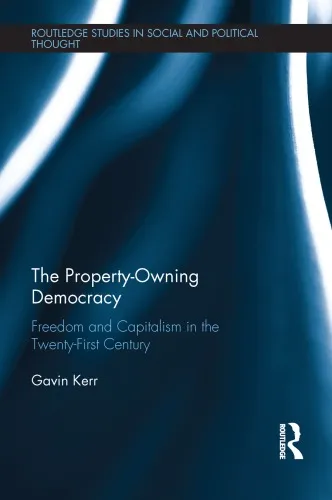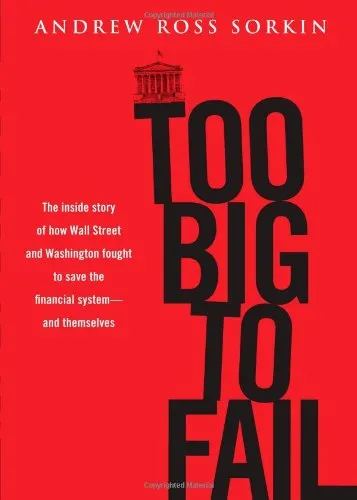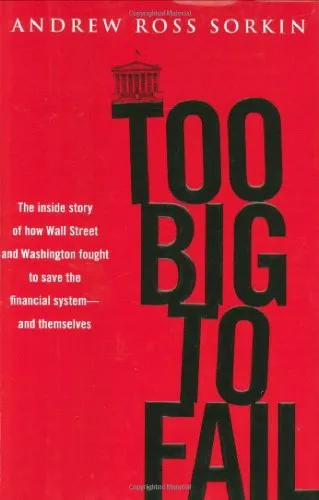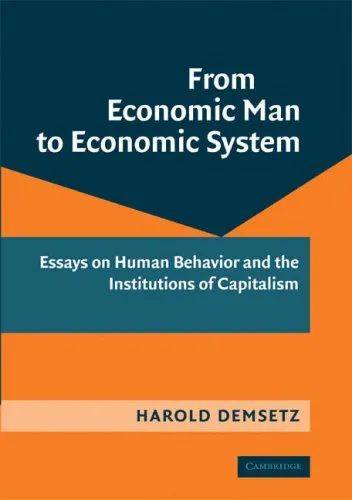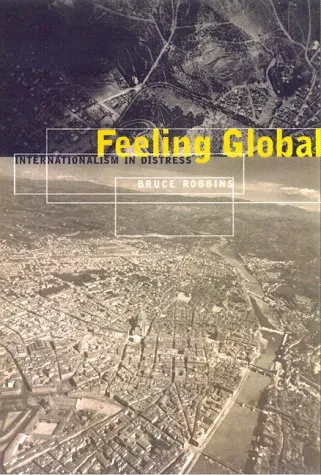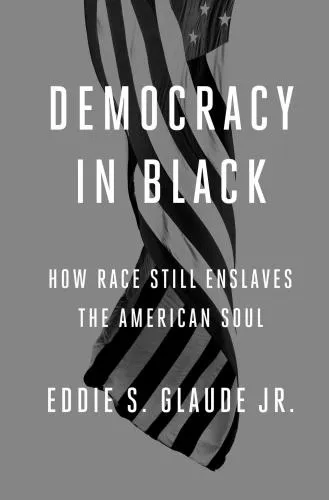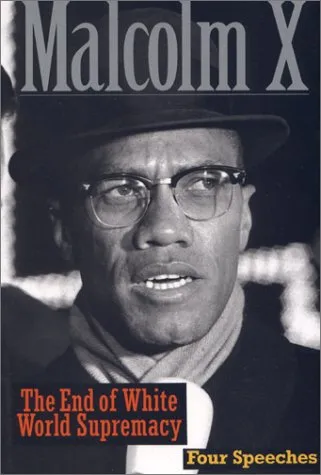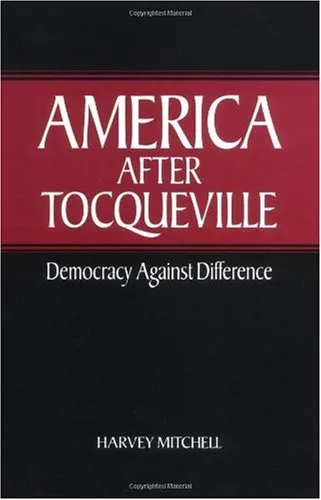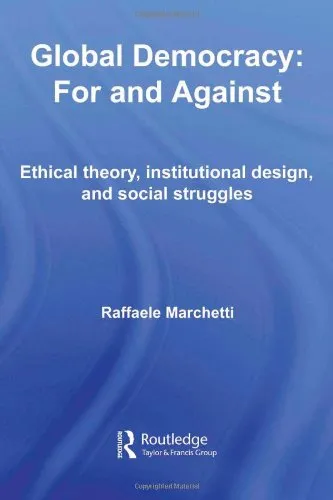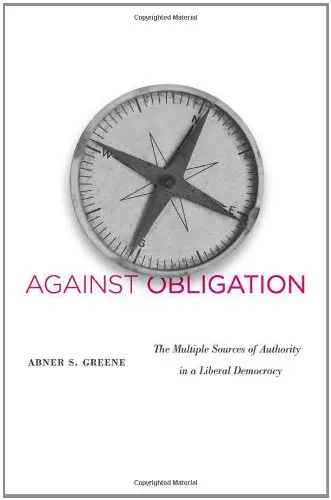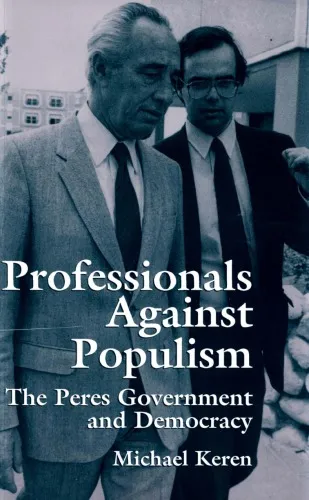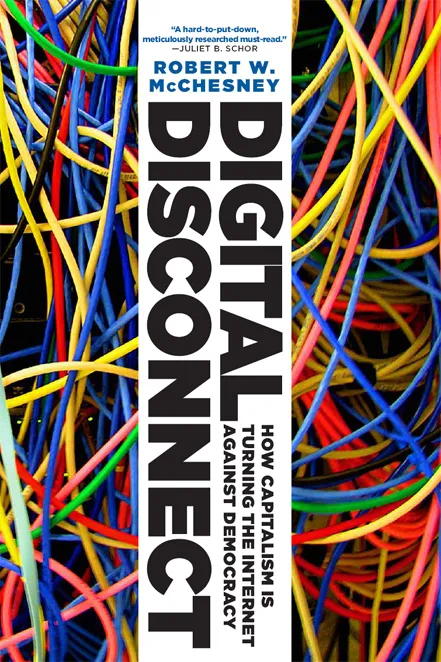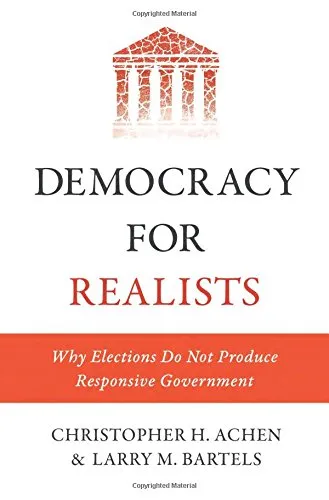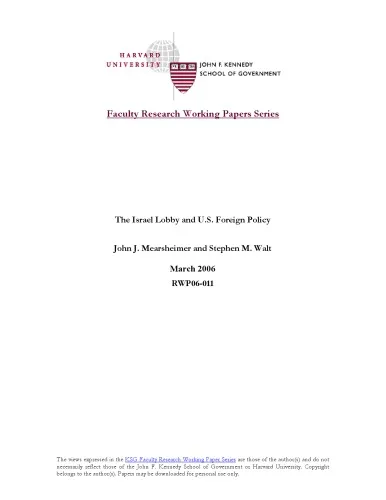The Property-Owning Democracy: Freedom and Capitalism in the Twenty-First Century
4.5
بر اساس نظر کاربران

شما میتونید سوالاتتون در باره کتاب رو از هوش مصنوعیش بعد از ورود بپرسید
هر دانلود یا پرسش از هوش مصنوعی 2 امتیاز لازم دارد، برای بدست آوردن امتیاز رایگان، به صفحه ی راهنمای امتیازات سر بزنید و یک سری کار ارزشمند انجام بدینکتاب های مرتبط:
معرفی کتاب "The Property-Owning Democracy: Freedom and Capitalism in the Twenty-First Century"
کتاب "The Property-Owning Democracy: Freedom and Capitalism in the Twenty-First Century"، به قلم گاوین کر، یکی از آثار برجسته در زمینه سیاست و فلسفه اقتصادی مدرن است که به موضوعاتی همچون دموکراسی، آزادی فردی و سرمایهداری در قرن بیست و یکم میپردازد. این کتاب تلاش میکند آزادی اقتصادی را در کنار اخلاق اجتماعی و توزیع عادلانه مالکیت سرمایه بررسی کند و مدل "Property-Owning Democracy" را به عنوان الگویی اثرگذار برای جوامع معرفی نماید.
خلاصهای از محتوا
کتاب با بررسی تاریخی مفهوم دموکراسی مالکیتمحور آغاز میشود و تأثیرات آن را بر جوامع مختلف به ویژه در دوران مدرن تحلیل میکند. نویسنده توضیح میدهد که چگونه نظریات John Rawls و دیگر فلاسفه معاصر، زمینهساز تعریف مدلی نوین از Property-Owning Democracy شدهاند. او همچنین مشکلات نظام سرمایهداری لیبرال که منجر به تمرکز ثروت و کاهش فرصتهای برابر برای اکثریت میشود را شرح میدهد. براساس استدلال نویسنده، تمرکز صرف بر رشد اقتصادی کافی نیست؛ بلکه نحوه توزیع منابع اقتصادی و قدرت سیاسی اهمیت بیشتری در ایجاد جوامع پایدار دارد.
کار اصلی این کتاب، پیشنهاد مدلی است که ارزشهای دموکراتیک و سرمایهداری را دوباره به یکدیگر متصل میکند و در عین حال تضمین میکند که زیرساختهای جامعه به گونهای طراحی شوند که همه شهروندان بتوانند از فرصتهای برابر بهرهمند شوند.
نکات کلیدی
- ساختار Property-Owning Democracy، بر توزیع عادلانه ثروت و حمایت از آزادیهای فردی تأکید دارد.
- تمرکز بر نقش دولتها در ایجاد توازن میان رشد اقتصادی و توزیع عادلانه فرصتها.
- انتقاد از نقصهای اقتصاد سرمایهداری لیبرال و معرفی راهکارهای عملی برای رفع آن.
- ارتباط فلسفی میان دموکراسی و برابری در بستر نظام سرمایهداری.
نقلقولهای معروف از کتاب
"دموکراسی واقعی نمیتواند بدون توزیع عادلانه مالکیت و منابع اقتصادی پایدار باشد."
"Property-Owning Democracy نه فقط یک مدل اقتصادی، بلکه چارچوبی اخلاقی برای بازتعریف عدالت اجتماعی است."
"آزادی بدون امنیت اقتصادی، به آزادی واقعی منجر نمیشود."
چرا این کتاب مهم است؟
کتاب "The Property-Owning Democracy: Freedom and Capitalism in the Twenty-First Century" در عصری که نابرابریهای اقتصادی و اجتماعی رو به افزایش است، ایدههای تازهای ارائه میدهد که میتواند الهامبخش سیاستگذاران و اندیشمندان باشد. اهمیت این کتاب در آن است که به جای تأکید بر مدلهای اقتصاد جهانی رایج، دیدگاه جدیدی پیش روی جوامع میگذارد که در آن ارزشی به مراتب بالاتر به برابری، عدالت اجتماعی و آزادی داده میشود. همچنین این کتاب برای افرادی که به دنبال روشهای عملی و فلسفی برای کاهش نابرابریها هستند، منبعی ارزشمند است.
Introduction to 'The Property-Owning Democracy: Freedom and Capitalism in the Twenty-First Century'
In an era defined by economic inequality, corporate dominance, and political polarization, 'The Property-Owning Democracy: Freedom and Capitalism in the Twenty-First Century' explores the fundamental question of how wealth can be equitably distributed while preserving the foundational ideals of freedom, democracy, and a thriving capitalist system. Through a philosophical lens intertwined with practical economic frameworks, this book seeks to reimagine the relationship between individual liberty, social justice, and capital ownership in the modern age.
The core argument of the book is simple yet profound: democracy and free markets can only prosper when individuals are economically empowered to participate as equals. This is not merely a utopian vision but a realistic pathway for societies intent on avoiding the pitfalls of crony capitalism and inequity. By combining robust theoretical analysis with concrete policy suggestions, the book challenges conventional thinking while proposing a bold future for twenty-first-century democracies.
The work draws inspiration from intellectual heavyweights such as John Rawls, whose philosophy forms the groundwork for the idea of a property-owning democracy, as well as insights from political science, history, and sociology. The book is as much a call to action as it is a compass for policymakers, scholars, and citizens motivated to reshape capitalism toward a more progressive and inclusive model.
Detailed Summary of the Book
The book begins by addressing the growing disparity in wealth and opportunity that characterizes much of the contemporary global economy. It frames this problem within the context of widening inequality and its effects on individual freedoms, social cohesion, and democratic governance. The central thesis proposes that a property-owning democracy—where ownership of productive assets is widely distributed—is a necessary antidote to the concentration of wealth and power in the hands of a few.
Through a series of meticulously argued chapters, the book explores how property ownership can transform not just individual lives, but also the very functioning of democracy itself. The text traces the historical evolution of property ownership concepts, critiques existing economic models, and introduces strategies for implementing a property-owning democracy in modern capitalist societies. It emphasizes policies such as universal access to financial markets, expanding homeownership, tax reforms, and public investment in education as key steps toward this transformation.
While the arguments are deeply informed by scholarly theory, the book is remarkably accessible. Real-world examples are used to bridge the gap between academic ideas and practical application. By the end, readers are left with a compelling vision of what societies might look like if property ownership were democratized in a way that aligns with freedom and fairness.
Key Takeaways
- Economic inequality undermines democracy and individual freedom.
- A property-owning democracy ensures that wealth and productive assets are widely distributed across society.
- The book presents actionable policies, such as progressive taxation, financial market access, and universal education.
- Capitalism, when restructured toward inclusivity, can coexist with justice and democracy.
- The framework honors both individual liberty and collective responsibility, offering a middle road between socialism and unchecked capitalism.
Famous Quotes from the Book
"Freedom only flourishes when individuals are protected from the tyranny of concentrated wealth."
"True democracy cannot exist without economic empowerment, for without resources, one's voice cannot rise above a whisper."
"A property-owning democracy is not a utopia—it's the framework for a society in which freedom and equality coexist.”
Why This Book Matters
In a world grappling with unprecedented economic challenges, 'The Property-Owning Democracy: Freedom and Capitalism in the Twenty-First Century' offers a much-needed blueprint for a more equitable future. The book critiques the unsustainable nature of current economic systems while proposing a solution that aligns with democratic principles and free-market ideals. It addresses the fundamental imbalance between capital and labor and offers a vision for the redistribution of not just income, but opportunity and autonomy.
What makes this book particularly relevant is its practicality. Rather than simply diagnosing the symptoms of capitalism's ailments, it proposes actionable solutions rooted in both theory and evidence. It emphasizes that the challenges of inequality, political disenfranchisement, and societal division are interconnected and must be addressed holistically.
Whether you are a policymaker, an academic, or an engaged citizen, this book is a call to rethink how wealth and power are structured. It is an invitation to imagine a future where democracy is not undermined but strengthened by the equitable distribution of resources.
Ultimately, this book matters because it reminds us that freedom and justice are not incompatible with capitalism—they are its highest aspirations. To realize them, however, we must be willing to reimagine the foundational structures of our economies and societies.
دانلود رایگان مستقیم
شما میتونید سوالاتتون در باره کتاب رو از هوش مصنوعیش بعد از ورود بپرسید
دسترسی به کتابها از طریق پلتفرمهای قانونی و کتابخانههای عمومی نه تنها از حقوق نویسندگان و ناشران حمایت میکند، بلکه به پایداری فرهنگ کتابخوانی نیز کمک میرساند. پیش از دانلود، لحظهای به بررسی این گزینهها فکر کنید.
این کتاب رو در پلتفرم های دیگه ببینید
WorldCat به شما کمک میکنه تا کتاب ها رو در کتابخانه های سراسر دنیا پیدا کنید
امتیازها، نظرات تخصصی و صحبت ها درباره کتاب را در Goodreads ببینید
کتابهای کمیاب یا دست دوم را در AbeBooks پیدا کنید و بخرید
1517
بازدید4.5
امتیاز0
نظر98%
رضایتنظرات:
4.5
بر اساس 0 نظر کاربران
Questions & Answers
Ask questions about this book or help others by answering
No questions yet. Be the first to ask!
